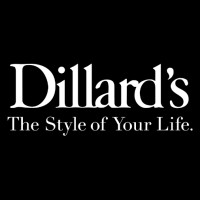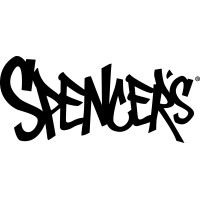
Dillard's Inc.
Dillard's, Inc. ranks among the nation's largest fashion apparel and home furnishings retailers with annual revenues exceeding $6.1 billion. The Company focuses on delivering maximum fashion and value to its shoppers by offering compelling apparel and home selections complemented by exceptional customer care. Dillard's stores offer a broad selection of merchandise and feature products from both national and exclusive brand sources. The Company operates nearly 300 Dillard's locations spanning 29 states, all with one nameplate - Dillard's.






